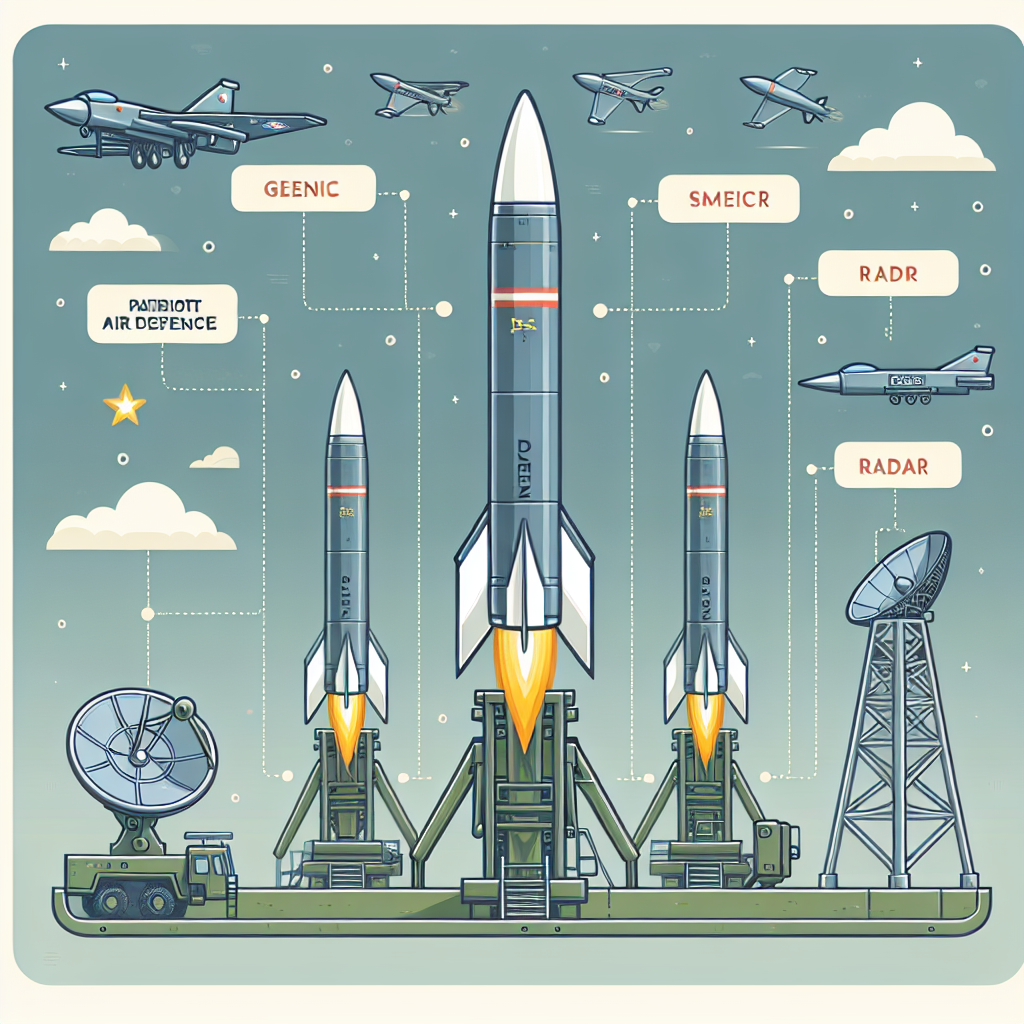U.S. Military Supply Chain Stalled by Key Component Shortage
The U.S. plan to use Japanese factories to boost production of Patriot air defence missiles for Ukraine faces delays due to a shortage of missile seekers manufactured by Boeing. Japan's Mitsubishi Heavy Industries can increase missile production but needs more seekers to meet demands. Expansion efforts are further complicated by financial and supply chain constraints.

A U.S. initiative to use Japanese factories to increase production of Patriot air defence missiles, crucial for Ukraine's fight against Russian attacks, is hampered by a shortage of missile seekers made by Boeing, according to four sources familiar with the matter.
Japan's Mitsubishi Heavy Industries (MHI) currently produces 30 PAC-3 missiles annually and can potentially boost that to 60, but can't expand production without more seekers. The U.S. aims to escalate global production from 500 to over 750 missiles a year, but faces significant hurdles, including financial investments and complex supply chains.
This delay highlights the challenges Washington faces in integrating international industrial support into its intricate networks. Though Boeing is expanding its seeker production in the U.S., new capabilities won't come online until 2027. The Patriot project, key to Japan-U.S. industrial cooperation in defence, is further complicated by Japan's military export rules and financial constraints on new facilities.
(With inputs from agencies.)
ALSO READ
Vietnam’s SMEs to Benefit from $35 Billion Supply Chain Finance Initiative Backed by IFC, Switzerland, and Local Partners
Strengthening Business Commitment to Eradicate Child Labour in Uganda’s Coffee Supply Chains
Trump and Putin's Call: No Mention of Ukraine Aid
Germany Boosts Ukraine Aid with €3 Billion Military Package
Post-pandemic supply chains embrace digital transformation and sustainability










